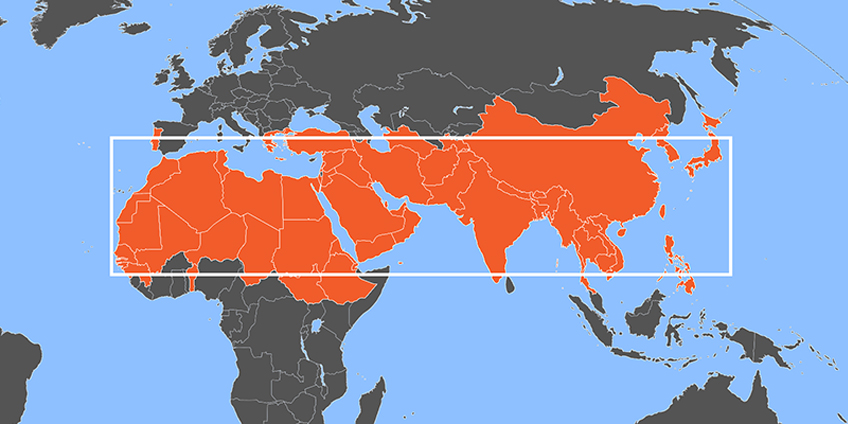The Great Imbalance

Despite Christ’s call to ‘Go and make disciples of all nations,’ less than 2% of missional resources and approximately 3% of cross-cultural workers go to serve among unreached people groups. This is what missiologists refer to as The Great Imbalance. This disparity of missional resources results in the Gospel rich getting richer at the expense of the Gospel poor.
Defining the unreached
An unreached people group, or UPG, is a society among which there is no established local community of believers. This small to nonexistent church often also lacks the resources and is relatively insufficient to evangelize their people group and make Christ known in the broader population without outside help.
A people group
"For evangelization purposes, a people group is the largest group within which the Gospel can spread as a church planting movement without encountering barriers of understanding or acceptance” (1982 Lausanne Committee Chicago meeting). Understanding or acceptance barriers include things like ethnicity, religion, culture, and language.
According to the Joshua Project, a people group is considered unreached based on the following criteria:
Source:

The 10/40 Window

The 10/40 Window is 10 degrees south to 40 degrees north of the equator, from northern Africa, through the Middle East and Central Asia, into Southeast Asia. Nearly 4 billion people live here, including 90% of the world’s poorest of the poor. More than 1.5 billion of these people have never heard the gospel of Jesus Christ.

Formidable barriers
Unreached and unengaged people groups still do not have access to the Good News because there are formidable barriers due to a number of factors.
Language Barriers: Not only do we need to communicate, we need resources in the local language to engage them. Translating gospel truths into local languages or dialects can be challenging, especially if the language lacks equivalent terms or concepts.
Political and Social Restrictions: In some regions there are legal or social constraints on religious expression and evangelising which can hinder efforts to reach these populations.
Economic Factors: Poverty or lack of resources can limit access to education, media, and outreach programs that might otherwise help spread the gospel.
Religious Opposition: Existing religious communities or leaders may actively oppose or resist the introduction of new beliefs, creating obstacles to sharing the gospel.
Personal Safety: In some areas individuals face personal risks or persecution for converting to, or sharing, a new faith, which can deter both the messengers and the recipients of the message.

Our response
Followers of Christ have been entrusted with the Gospel message (2 Corin. 5:18-20) and have been commissioned with the task to go and make disciples of all people groups. The reality that 42% of the world’s population is unreached with the Gospel, signals that this task is unfinished (Matt. 24:14).
Our call is to go where they have not heard (Rom. 10:14-15, 15:20). At Issachar Alliance, we are spurred on by our worship and love of the King, by the reality of the unfinished task, and the ultimate vision of every tribe, tongue, nation, and people group coming together to praise our God (Rev. 7:9-12).